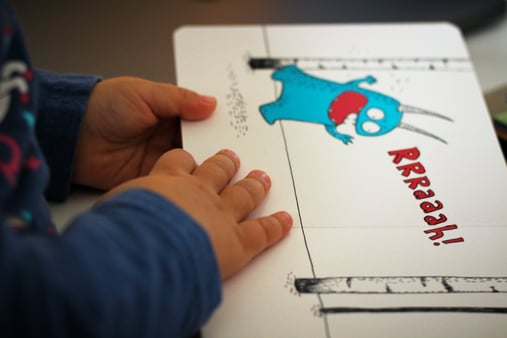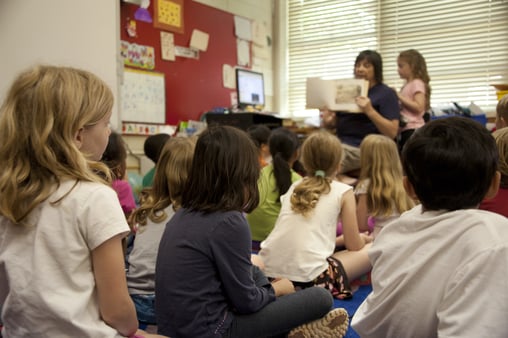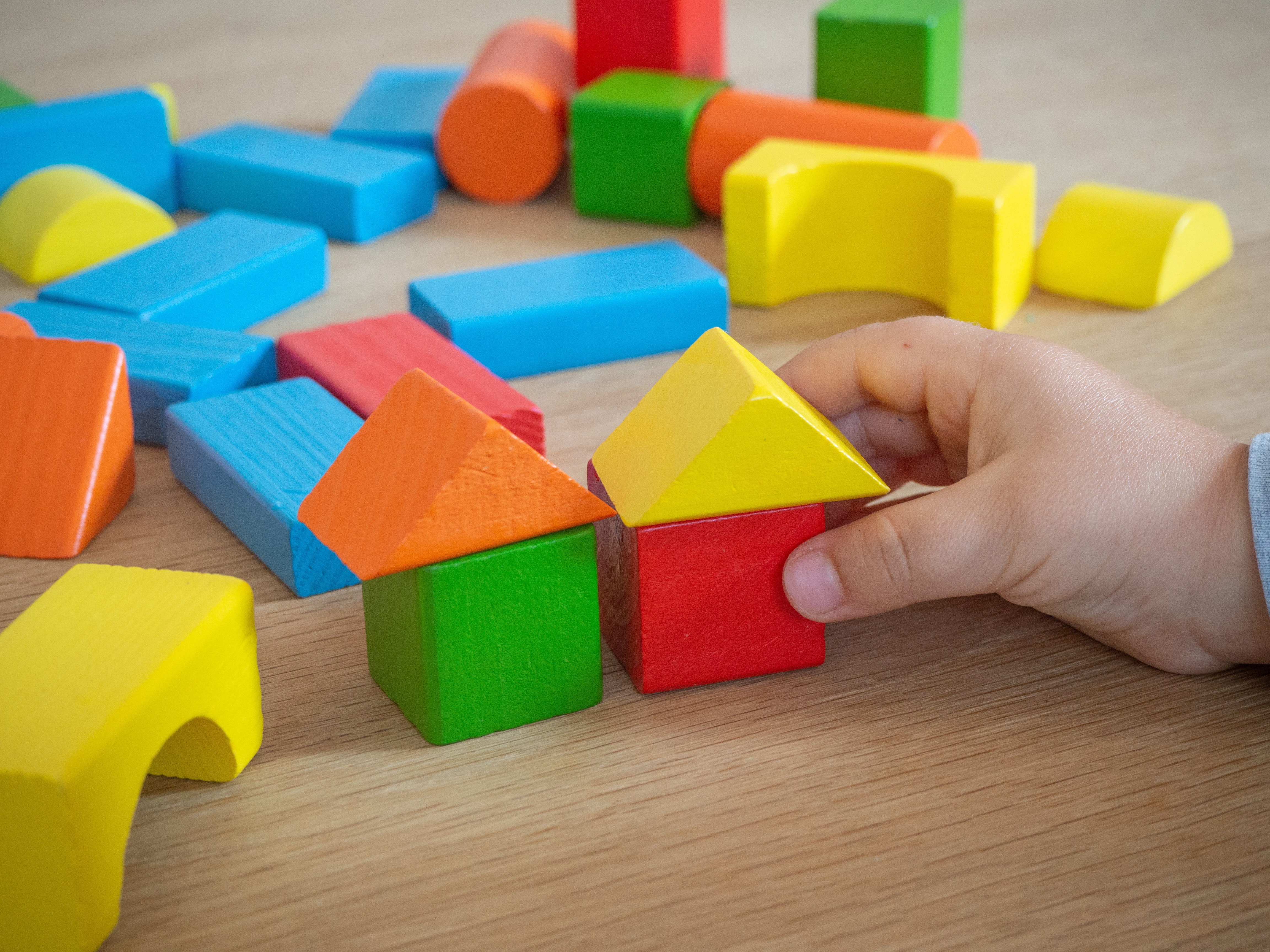You may have heard the saying “Repetition is the mother of all learning”. And whether it’s reading the same book yet again for a bedtime story, singing the same nursery rhyme while getting dressed, or playing peek-a-boo for the 100th time, young children certainly seem to enjoy it. But why, when it can be so boring for adults?
Why do children like to repeat things?
When us adults think of repeating an activity, we often see it as doing the exact same thing over and over again. But for a young child, each instance of repetition is always a little different. When a child asks to hear a story for the fifth night in a row, they are not just hearing the same story repeatedly. For the first few times, they are getting familiar with the plot and the illustrations. Then they start to remember the central words in the story, and they notice details in the plot that they missed previously. They may have questions about the story that they didn’t think to ask before. After enough repetition, they remember the story by heart, and know what to expect as the story continues – which they are sure to demonstrate with loud protests if you dare to skip ahead. Although the story is the same each time, what children get out of it changes.
For children, repetition is like peeling layers off an onion; each new instance of repetition is a new layer that provides the child with something new to learn and experience, even if the context is essentially the same. In addition to new observations, repetition gives children the chance to recall what they have learned previously and reinforce it. In this way, repetition allows us to converge new insights with existing knowledge, which helps us learn.

Safety in the familiar
Children don’t like repetition only because they find something new in it every time. In fact, the familiarity of a repeated activity plays an important role. For us adults, the surrounding world and our day-to-day life in it are quite familiar and understandable. But for a young child, everything around them is new, odd, and a little scary, and the world doesn’t make sense to them yet. That can be rather overwhelming.
In such a world, routines and repetition can offer children a safety net. Playing the same games, reading the same stories, eating the same foods and seeing the same people give children control over their lives, because they know what is happening and what is expected of them. This sets their mind at ease and releases mental capacity for learning. Repeated activities also support children’s confidence because they can trust their skills – they know what to do and how to do it, because they have done it before.

Repetition and the brain
Learning means building new connections in our brain. But like paths in a forest, a connection that is used only once will not last. If we want to forge a new path through the trees, we need to walk along the same route over and over again. Similarly, if we want a connection in the brain to remain – in other words, if we want to learn – we need to use the connection rigorously to make it stick. This is where repetition comes in.
Repetition helps us move new information from our working memory into our long-term memory, especially when we give our brain some time to focus on other things before repeating the new information again. Also known as spaced learning, this way of learning gives our brain time to mull over the new information, and when we eventually repeat it, our brain works hard to recall what it knows about the topic. This renews the connection and the path in the forest is cleared again. As we continue to repeat the new information over time, we notice that repetition is needed less often until finally the information becomes a part of our existing knowledge.

Repetition in early language learning
Repetition is important for all learning, but especially for learning a language. If you think about it, most of language learning is about memorizing vocabulary and structures and then figuring out how to use them to create meaning. Luckily rote memorization isn’t the only way to go – there are many fun ways to help children learn the building blocks of their new language.
Stories and nursery rhymes are great for language learning because they are fun and the story lines are interesting to children. Plus, they provide a fertile ground for repetition: children can go from simply experiencing them to understanding them, to joining in as you read or sing, to adding on to them via imaginary play and asking questions.
In addition to doing the same activity again and again, we can also weave repetition into different contexts. For example, if we have a set of vocabulary words that we want to focus on, we can first sing a song using those words, then play a game that is related to the words, then read a story on the same topic, and then do a related arts and crafts project. This way children get new insights into the topic during each activity, but using the same vocabulary gives them a sense of mastery and control over the situation.
So even if you are fed up with singing the same songs, playing the same games and watching the same cartoons again and again, perhaps you should just do it – one more time.
June 3rd is Repeat Day. We have prepared a couple of game suggestions that you can try with the children in your care. Play the games multiple times for repetition and maximum fun! Download the instructions here.
Moomin Language School is a research-informed early language learning service that utilizes meaningful repetition to help children learn and enjoy a new language. Would you like to try it out for yourself? Apply for a free trial here:



